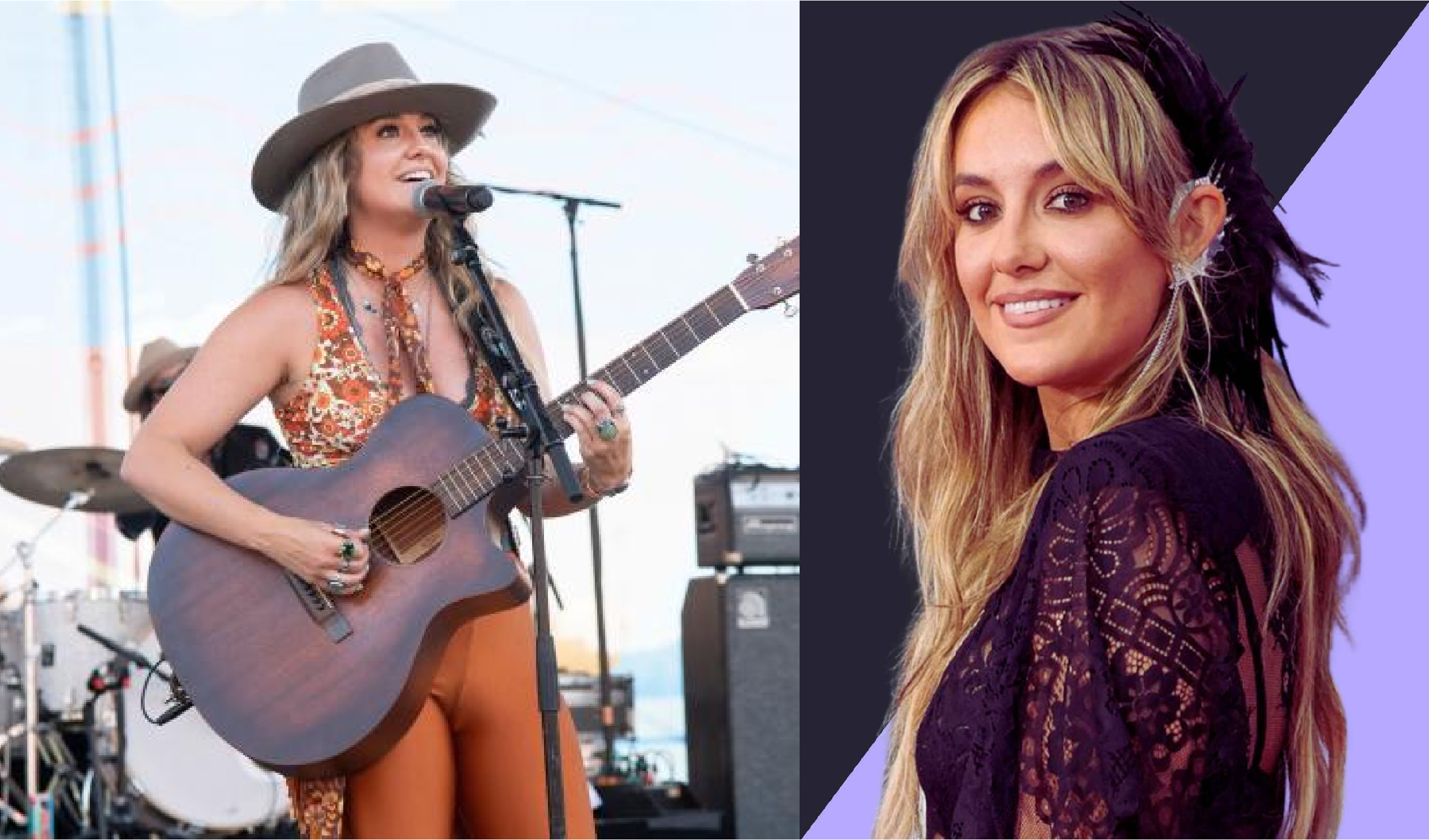In the age of social media and digital technology, privacy has become increasingly fragile, especially for public figures. Celebrities are often under intense scrutiny, and their personal lives are frequently exposed to the world in ways they never intended. One such case is that of “Iggy Azalea leaks,” where private and intimate content of the Australian rapper was unlawfully shared online, causing a significant stir in the media and public discourse. This article delves into the details of the Iggy Azalea leaks, examines the impact of such breaches on the individuals involved, and explores the broader implications for privacy rights in the digital era.
Who is Iggy Azalea?
Iggy Azalea, born Amethyst Amelia Kelly on June 7, 1990, in Sydney, Australia, is a globally recognized rapper, singer, and songwriter. She first gained prominence with her debut single “Pu$$y” and mixtape “Ignorant Art” in 2011. Her career skyrocketed with the release of her hit single “Fancy” in 2014, which topped the Billboard Hot 100 and became one of the year’s biggest anthems. Iggy Azalea’s distinct style, blending hip-hop with pop elements, has earned her a significant following and solidified her place in the music industry.
Despite her professional success, Iggy’s career has not been without controversy. From public feuds with other artists to criticism over cultural appropriation, she has faced her share of challenges. However, none were as personally invasive as the incident involving the unauthorized release of her private photos, an experience that thrust her into an uncomfortable spotlight and raised serious concerns about the invasion of privacy.
The Incident: What Happened?
The “Iggy Azalea leaks” refer to the unauthorized release of topless photos of the rapper that were originally taken during a GQ magazine photoshoot in 2016. These photos were intended for private use and were never meant to be made public. However, in May 2019, the images were leaked online without her consent, sparking a widespread media frenzy.
The leaked photos quickly spread across various social media platforms and websites, prompting discussions about privacy, consent, and the exploitation of celebrities. Iggy Azalea, known for her confident public persona, was left feeling violated and distressed by the incident. In a statement released after the leak, she expressed her shock and dismay, emphasizing that she never consented to the release of the images and that she felt blindsided by the violation of her privacy.
The incident serves as a stark reminder of the vulnerabilities that celebrities face in the digital age, where even content created in a controlled, professional environment can be mishandled and misused, leading to severe personal and emotional consequences.
The Impact on Iggy Azalea
The emotional and psychological impact of such a breach can be devastating. For Iggy Azalea, the leaks were not just an invasion of privacy but also a deeply personal affront. She described the experience as one of betrayal, particularly because the photos were taken in a setting where she felt she could trust the professionals around her. The unauthorized release shattered that trust and left her grappling with feelings of shame, anger, and helplessness.
Professionally, the leaks could have jeopardized her career. Celebrities often have carefully curated public images, and the unauthorized release of private content can undermine the control they have over their personal brand. For Iggy, who has faced various challenges in maintaining her image in the media, this incident added another layer of complexity to her public persona.
Moreover, the leak led to Iggy temporarily deactivating her social media accounts, highlighting the toll that such incidents can take on a celebrity’s mental health. Social media, which often serves as a platform for celebrities to connect with their fans and promote their work, can quickly become a source of distress when used to spread invasive content.
Legal and Ethical Implications
The Iggy Azalea leaks underscore the ongoing legal and ethical challenges surrounding privacy in the digital era. In many jurisdictions, the unauthorized distribution of private content, particularly images of a sexual or intimate nature, is illegal and can be prosecuted under laws related to revenge porn, harassment, or defamation. However, despite these legal frameworks, enforcing them can be difficult, especially when content is rapidly disseminated across the internet and shared internationally.
From an ethical standpoint, the leaks raise important questions about consent and the exploitation of individuals in the public eye. While celebrities may live much of their lives in the spotlight, they are still entitled to privacy and the right to control how their images are used. The non-consensual sharing of intimate content violates this fundamental right and contributes to a culture that disregards personal boundaries.
Furthermore, the platforms that host such content bear a significant ethical responsibility. Social media companies and websites must act swiftly to remove unauthorized content and prevent its further spread. However, the sheer speed at which information travels online often means that the damage is done before any meaningful action can be taken.
The Role of Media and Public Response
The role of the media in cases like the Iggy Azalea leaks is crucial and often controversial. While responsible journalism should respect individuals’ privacy, the sensational nature of such leaks often leads to extensive media coverage, which can exacerbate the distress felt by the victim. In Iggy’s case, the media’s attention on the leaks not only prolonged the public’s exposure to the images but also deepened the emotional impact on her.
Public response to such incidents can be mixed. While many fans and supporters expressed sympathy and rallied behind Iggy, condemning the leaks and calling for respect for her privacy, there were also those who engaged in victim-blaming or dismissed the severity of the breach. This reflects a broader societal issue where the boundaries of celebrity privacy are often disregarded, and personal violations are downplayed or trivialized.
The public’s fascination with the private lives of celebrities can lead to a culture where breaches of privacy are normalized, and the victims are left to deal with the fallout. This not only perpetuates the cycle of exploitation but also contributes to the stigmatization of those who are targeted by such leaks.
Combating Privacy Breaches: What Needs to Be Done?
Addressing the issue of privacy breaches like the Iggy Azalea leaks requires a multi-pronged approach involving legal action, technological solutions, and cultural change.
Legal Action: Strengthening legal protections against the unauthorized distribution of private content is essential. This includes enacting and enforcing laws that specifically address the non-consensual sharing of intimate images, providing victims with clear avenues for recourse, and holding perpetrators accountable.
Technological Solutions: Social media platforms and websites must invest in more robust technologies to detect and remove unauthorized content quickly. This could involve the use of AI algorithms to identify and block the upload of such images, as well as improved reporting mechanisms that allow users to alert platforms to breaches more effectively.
Cultural Change: Ultimately, combating privacy breaches requires a shift in societal attitudes toward celebrity privacy. The public must recognize that celebrities, like all individuals, have the right to control their personal information and that the non-consensual sharing of private content is a violation of that right. Education and awareness campaigns can play a crucial role in changing the way people think about and respond to privacy breaches.
Conclusion
The “Iggy Azalea leaks” serve as a powerful reminder of the vulnerabilities that come with fame in the digital age. While the incident was deeply distressing for Iggy, it also highlights the broader challenges that public figures face in protecting their privacy. As society continues to grapple with the implications of digital technology on personal privacy, it is crucial to uphold the rights of individuals to control their private content and to address the legal and ethical issues that arise from unauthorized leaks.
Read more: Lil RT Net Worth: Exploring the Financial Success of a Rising Rap Star




